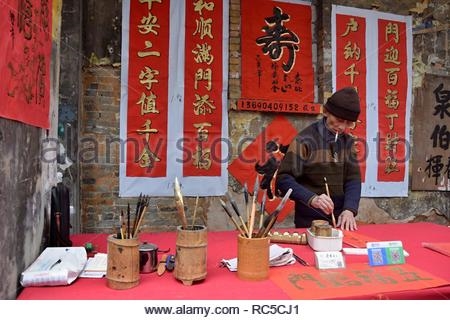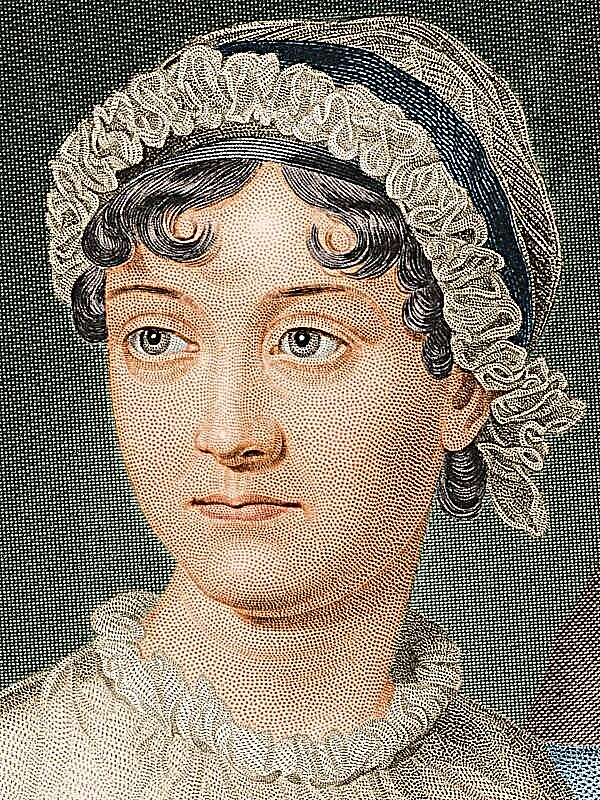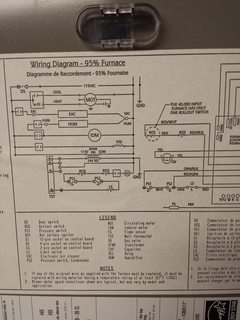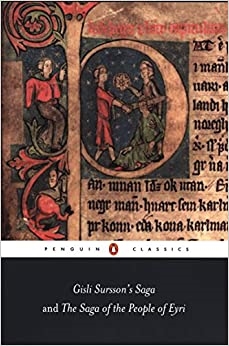The action takes place on Ryazan land in the period from spring 1917 to 1923. The narration is conducted on behalf of the author-poet Sergei Yesenin; the image of “epic” events is conveyed through the attitude of the lyrical hero to them.
The first chapter deals with the poet’s trip to his native places after the hardships of the world war, of which he was a participant. The charioteer talks about the life of his fellow villagers - well-to-do, well-to-do Radovy men. Radovtsev has a constant war with the poor village of Kriushi. Neighbors steal the forest, arrange dangerous scandals, in one of which it comes to the murder of the foreman. After the trial, and among the Radovtsy, "troubles began, rolled into the reins of happiness."
The hero reflects on the disastrous fate, recalling how he “shot for his brother’s breast” for “someone else’s interest”. The poet refused to participate in the bloody massacre - he straightened his "linden" and "became the first deserter in the country." The guest is cordially greeted at the miller's house, where he has not been for four years. After the samovar, the hero goes to the hayloft through a garden overgrown with lilacs - and “distant dear were” appear in her memory - a girl in a white cloak, affectionately saying: “No!”
The second chapter tells about the events of the next day. The hero, awakened by the miller, rejoices in the beauty of the morning, the white haze of the apple orchard. And again, as if to counterbalance this, the thought of cripples innocently mutilated by the war. From the old millwoman, he again hears about the clashes between the Radovtsy and the Kriushans, that now, when the Tsar has been expelled, “freedom of freedom” is going on everywhere: for some reason, the prison has been opened and many “thieves' souls” have returned to the village, among them the prona Ogloblin. Miller, who returned from the landowner Snegina, an old acquaintance of the hero, reports what interest was caused by his message about a guest who had come to him. But the crafty hints of the miller do not bother the soul of the hero. He goes to Kriusha to see familiar peasants.
At the house of Pron Ogloblin, a peasant gathering gathered. The peasants are glad to see the capital’s guest and demand that they clarify to them all burning questions — about land, about the war, about “who is Lenin?” The poet replies: "He is you."
In the third chapter - the events that followed a few days later. The miller brings Anna Snegin to the hero who has caught a cold on a hunt. A half-joking conversation about young meetings at the gate, about her marriage annoys the hero, he wants to find a different, sincere tone, but he has to obediently play the role of a fashionable poet. Anna reproaches him for his dissolute life, drunken fights. But the hearts of the interlocutors talk about something else - they are full of an influx of "sixteen years": "We parted with her at dawn / With the mystery of movements and eyes ..."
Summer goes on. At the request of Pron Ogloblin, the hero goes with the peasants to the Snegins - to demand land. Sobs are heard from the landlord chamber - this was news of the death on the front of the husband of Anna, a military officer. Anna does not want to see the poet: “You are a miserable and low coward, he died ... And you are here ...” Wounded, the hero goes with Pron to the tavern.
The main event of the fourth chapter is the news, which brings Pron to the hut of the miller. Now, according to him, “we all r-times - and kvass! <...> now in Russia the Soviets and Lenin are the senior commissar. ” Next to Pron in the Council is his brother Labutya, a drunkard and a chatterbox, living "not a callus of hands." It was he who was the first to go to describe the Snezhinsky house - “there is always speed in capture”. The miller brings the mistresses of the estate to himself. The last explanation of the hero with Anna takes place. The pain of loss, the irretrievability of past relationships still disconnect them. And again, only poetry of memories of youth remains. In the evening, the Snegins leave, and the poet rushes to Peter "to dispel anguish and sleep."
The fifth chapter contains a sketch of the events that took place in the country during the six post-revolutionary years. The “grimy rabble”, having seized upon the master’s good, strumming on the pianos and listening to the gramophone - but “the destiny of the farmer goes out”, “phephla!” Breadwinner! Iris!" for a couple of izmezgannyh "skating rink" gives itself to tear with a whip ".
From the letter of the miller, the hero of the poem finds out that Pron Ogloblin was shot by the Cossacks of Denikin; Labutya, having sat out in the straw, demands a red order for his courage.
The hero again visits his native places. With the same joy, the old people meet him. A letter-letter with a London seal has been prepared for him - news from Anna. And although outwardly the addressee remains cold, even a little cynical, nevertheless, a trace remains in his soul. The final lines again return to the bright image of youthful love.

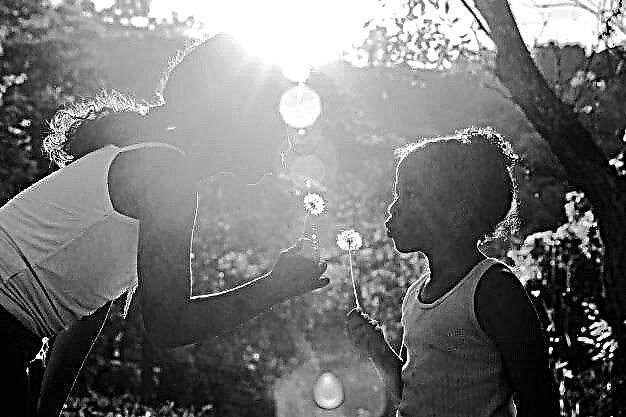
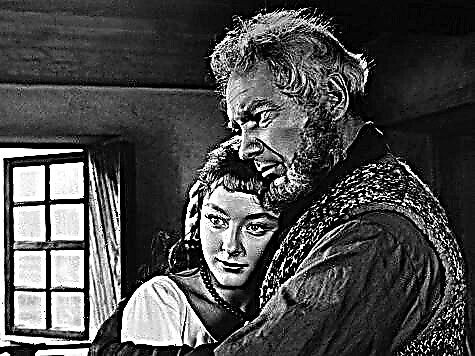
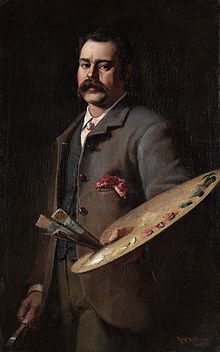
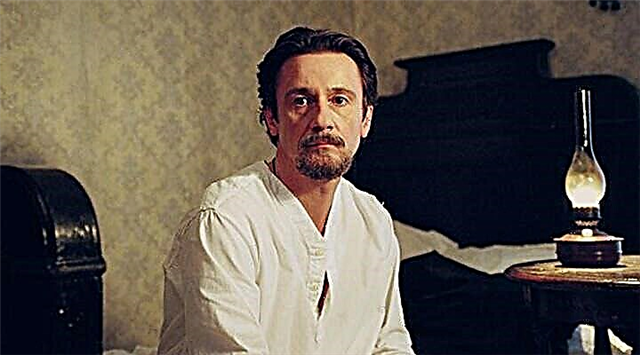
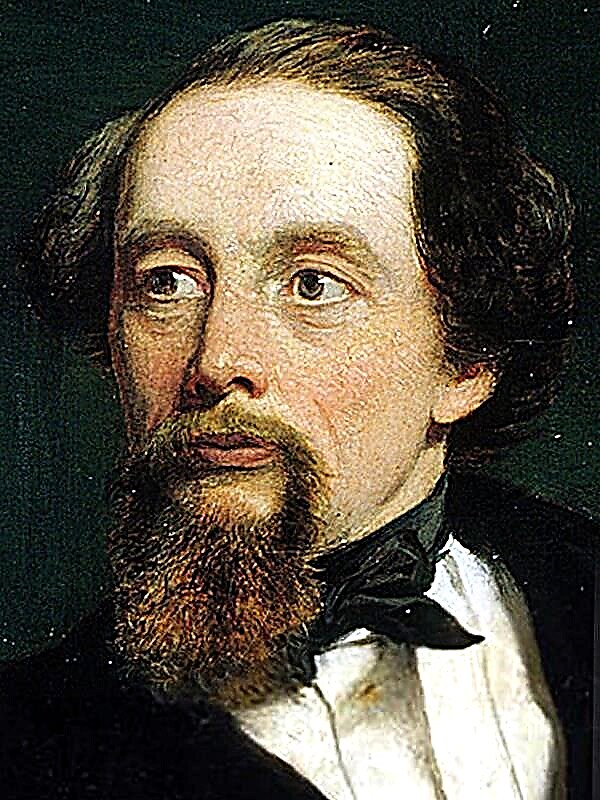
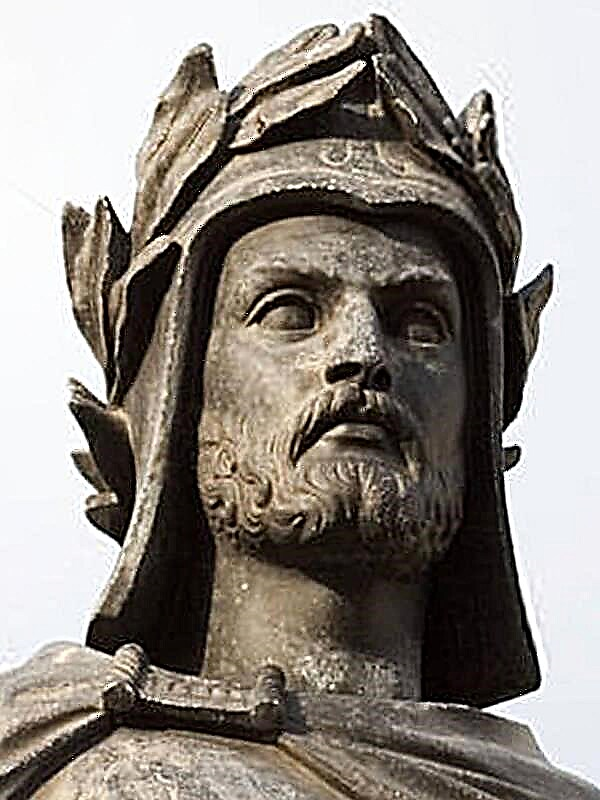
 Tilemahide
Tilemahide